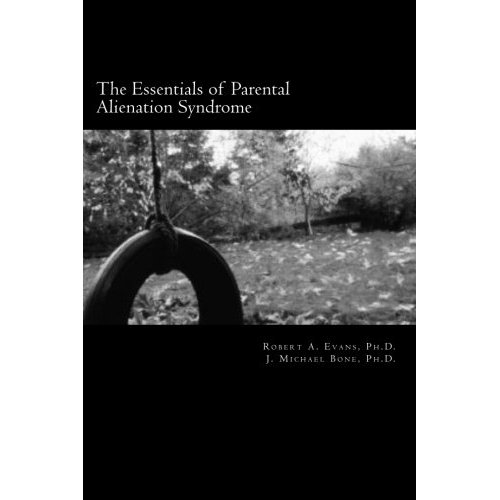Is hiring an expert to educate the court in cases involving parental alienation worth it? (Part 5)
Sometimes rejected (alienated) parents and their attorneys consider hiring an expert to help in their cases. Experts can take a variety of roles and one of these is that of giving instructional testimony. Experts are generally not inexpensive, so parents want to know how effective experts in the cases involving parental alienation can be.
 The effectiveness of an expert in these cases depends on a number of factors, some of which include the:
The effectiveness of an expert in these cases depends on a number of factors, some of which include the:
- Court
- Favored Parent
- Expert
The Favored Parent
As has been mentioned in past blogs, I have written on issues that might affect an expert’s effectiveness, including the credibility of the favored parent, in convincing the court that the rejected parent deserves to be rejected by both parent and children. If that truly is the case the case involves estrangement not alienation. In order to prove that, the favored parent through their attorney, will have testimony from witnesses such as therapists, doctors and even child protection workers who will confirm that the child told them of the abuse they received from the rejected parent. Perhaps it was the therapist who reported the abuse and is now testifying that the child was credible in their reporting to the therapist. When crossed examined typically you may hear, the child’s story was consistent each time they were asked about the incident or incidents.
The concept of consistency is an interesting issue in that human beings of all ages are inherently inconsistent especially when it comes to relating an experience.
If I was to ask you to tell me about what you did on New Year’s Eve or Christmas vacation, or any event, for example, you would give me some details of the event. I might ask you again or you might share this information with someone else, adding more details, or you might leave out a detail.
Why would this happen? The human memory system is such that when you share details about a situation or incident that you actually experienced your mind recalls more details or different details after the fact. The reason is the way the brain is wired. As you recall an incident or situation, associated facts related to the situation surface, and as these associations increase, so does the clarity of other details increase in awareness, and on the process goes.
But when you’re relating about an incident or situation that you’re making up, it’s not experienced based, you may tend to stick to a “script” and there are no details to elaborate on.
You only have one story to tell and you can’t deviate from it because you have nothing to add. This is especially observable in most children who typically have very limited experiences upon which to draw in order to elaborate on a story. So their stories are commonly repeated exactly the same each time without variation; naturally there are exceptions.
Of course this consistence is represented as evidence as they must be telling the truth because their stories were always the same. Yes some adults might “ad lib” on details, but in my experience in conducting forensic interviews, most adults have trouble deviating from their original story. I did have one exception recently with a parent who would tell one interviewer one thing, at one time, then tell me something else again at another time. Unfortunately for this parent the fact pattern totally betrayed the previous presentations and was suggestive that this parent was not telling the truth.
Although, I have tried to explain this in the easiest way possible this is a complex situation. It is not a simple task to determine where there is abuse or alienation.
An expert cannot tell a court that a child or adult is misrepresenting the truth, because they can’t; fact is no one can. But the expert can educate the court in explaining why simple consistency is not necessarily an indication of the truth, we have to look at other data and facts in the case to ascertain the weight that some evidence may or not be given in a case.
This will be useful whether one is trying to prove alienation is present or absent in a case.


